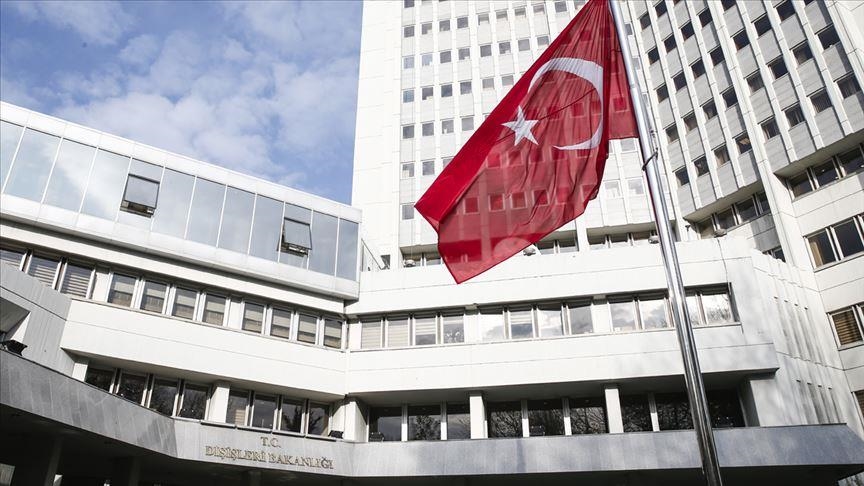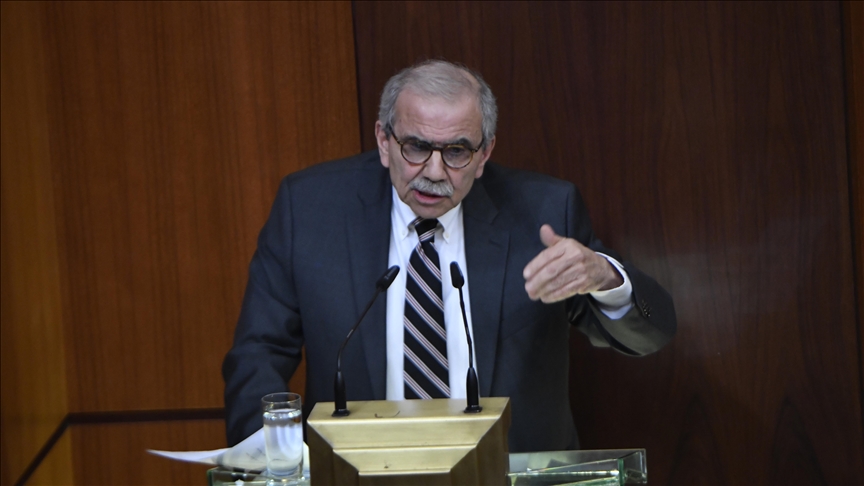Fears in Turkey That Its Cyprus Problem Is Alienating Europe
Mr. Sezer said Turkey was weary and suspicious of "some circles using the Cyprus and northern Iraq issues as elements of threat and blackmail," according to a written statement released by his office.
Mr. Sezer was referring not only to the widespread European conviction that Turkey is to blame for the continued division of Cyprus but also to statements by European leaders that if Turkish troops crossed the border into northern Iraq, Turkey’s entry into the union could be doomed.
As Mr. Sezer made his comments, Prime Minister Recep Tayyip Erdogan of Turkey and Prime Minister Costas Simitis of Greece met in Belgrade, Serbia, to discuss the Balkans. It was their first face-to-face discussion since the collapse last month of Cyprus peace talks that were mediated by the United Nations.
"Both our governments have to push," Mr. Erdogan told reporters in Belgrade. "We are in favor of a continuation of negotiations."
Mr. Erdogan had announced last week that his government would be redoubling efforts for the reunification of Cyprus, but he did not provide any kind of detailed proposal. He did not do that today, either.
Rather, the comments by Mr. Erdogan and Mr. Sezer signaled a general and apparently growing distress among Turkish leaders with the way in which Turkey is perceived and treated as the country responsible for the situation in Cyprus, which has been partitioned since 1974. Turkish leaders clearly want to change that.
Next week, the Greek sector of Cyprus is scheduled to sign an accession treaty as one of 10 new countries joining the European Union in 2004. In the absence of a reunification agreement for Cyprus, the Turkish sector of the island would be left out of the union.
"It comes as no surprise that the Turkish side is squirming," said John Sitilides, executive director of the Western Policy Center, a Washington research and education group that analyzes American policy in southeastern Europe.
"Turks are just beginning to come to grips, again at the last minute, with Cyprus crossing the next-to-last threshold toward full E.U. membership while Turkey’s own accession program seems to be at a standstill," Mr. Sitilides said.
Turkish officials have also seen their country’s alliance with the United States badly strained by the war in Iraq, and many of them do not want Turkey to drift away from Western Europe at the same time.
But Rauf Denktash, the Turkish Cypriot leader, emphasized again today that the Turkish sector would resist any plan that seemed to put it under the control of the Greek sector.
"We are in favor of a good partnership, but we will never give up our sovereignty and state," Mr. Denktash said in Lefkosa, Cyprus, according to the Turkish state-run news agency.
European Union officials have long complained about Turkey’s record on human rights, especially its treatment of ethnic Kurds, and are watching closely for any movement by Turkish troops into the Kurdish region of Iraq.



